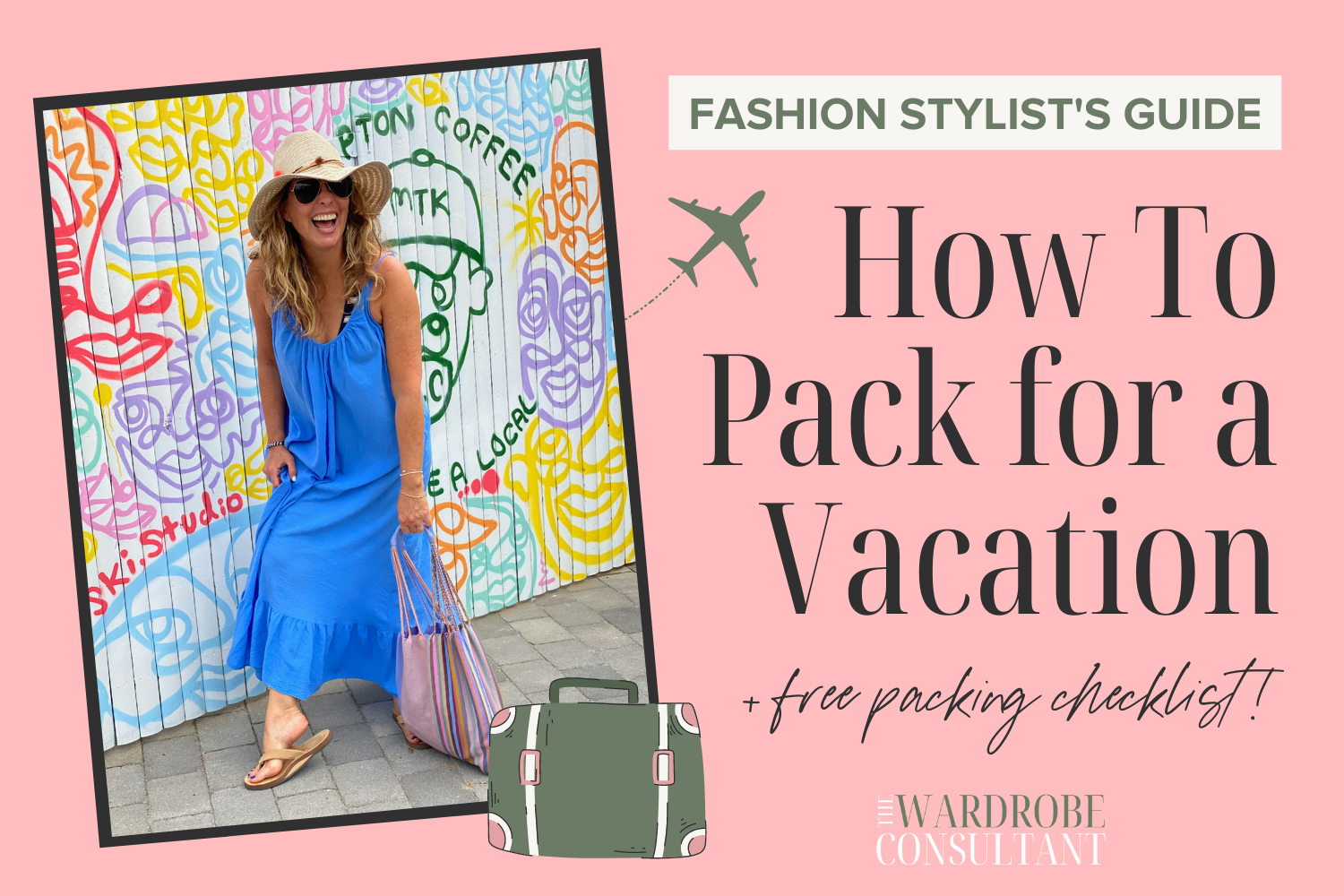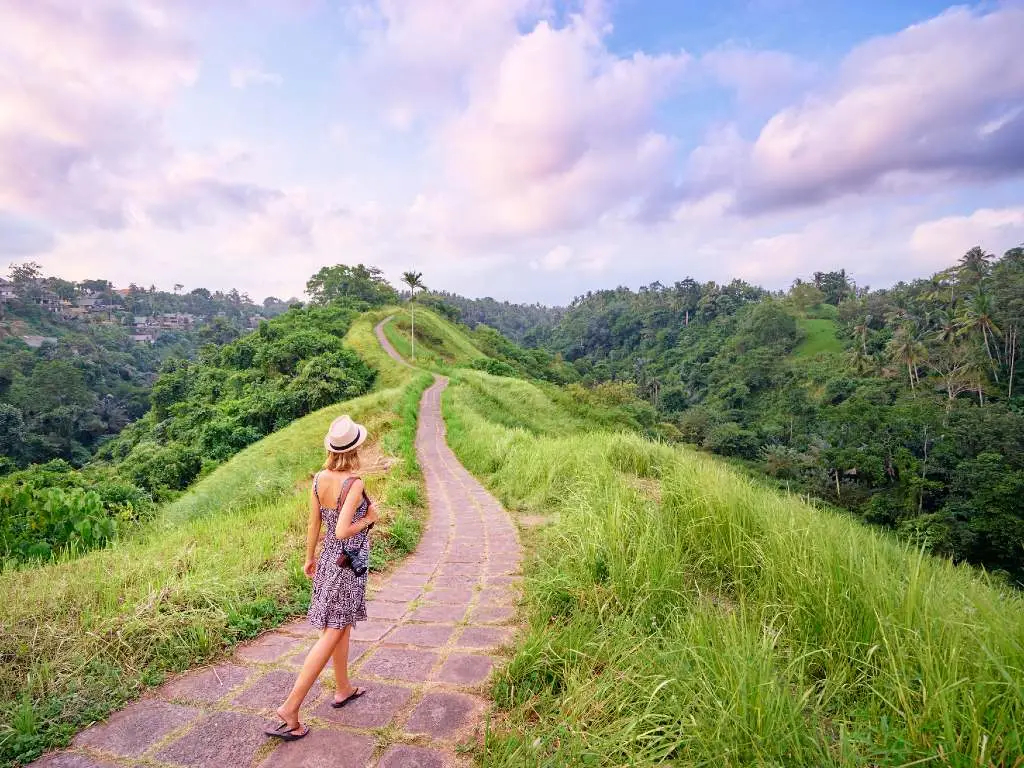When people think about studying abroad, they often picture sitting in classrooms in another country. But the real magic happens outside of class. From daily routines to weekend adventures, students learn some of life’s biggest lessons just by living in a new place.
Learning to Be Independent
Being far from home means you have to figure things out on your own. Whether it’s doing laundry, planning a trip, or managing your money, you’ll become more independent. These everyday tasks might seem small, but they help you grow into a more confident and capable person.
Problem-Solving in Real Life
What do you do if you miss your train? Or get lost in a new city? Studying abroad puts you in situations where you have to think on your feet. These moments teach you how to stay calm, come up with a plan, and solve problems without panicking—skills that are useful for the rest of your life.
Building Global Friendships
One of the best parts of studying abroad is meeting people from all over the world. You’ll learn how to connect with others even if they speak a different language or come from a different background. These friendships can open your eyes to new cultures and create lifelong memories.
Seeing the World Differently
Living in a different country changes how you see the world. You’ll notice how people live differently—but also how much we all have in common. This can help you become more open-minded, respectful, and curious about other cultures.
Studying abroad teaches you so much more than what’s on the syllabus. The lessons you learn just by living and exploring are often the ones that stay with you the longest. It’s an education you can’t get anywhere else.
https://erau.edu/hub-spoke/stories/learn-outside-of-the-classroom-and-the-country






